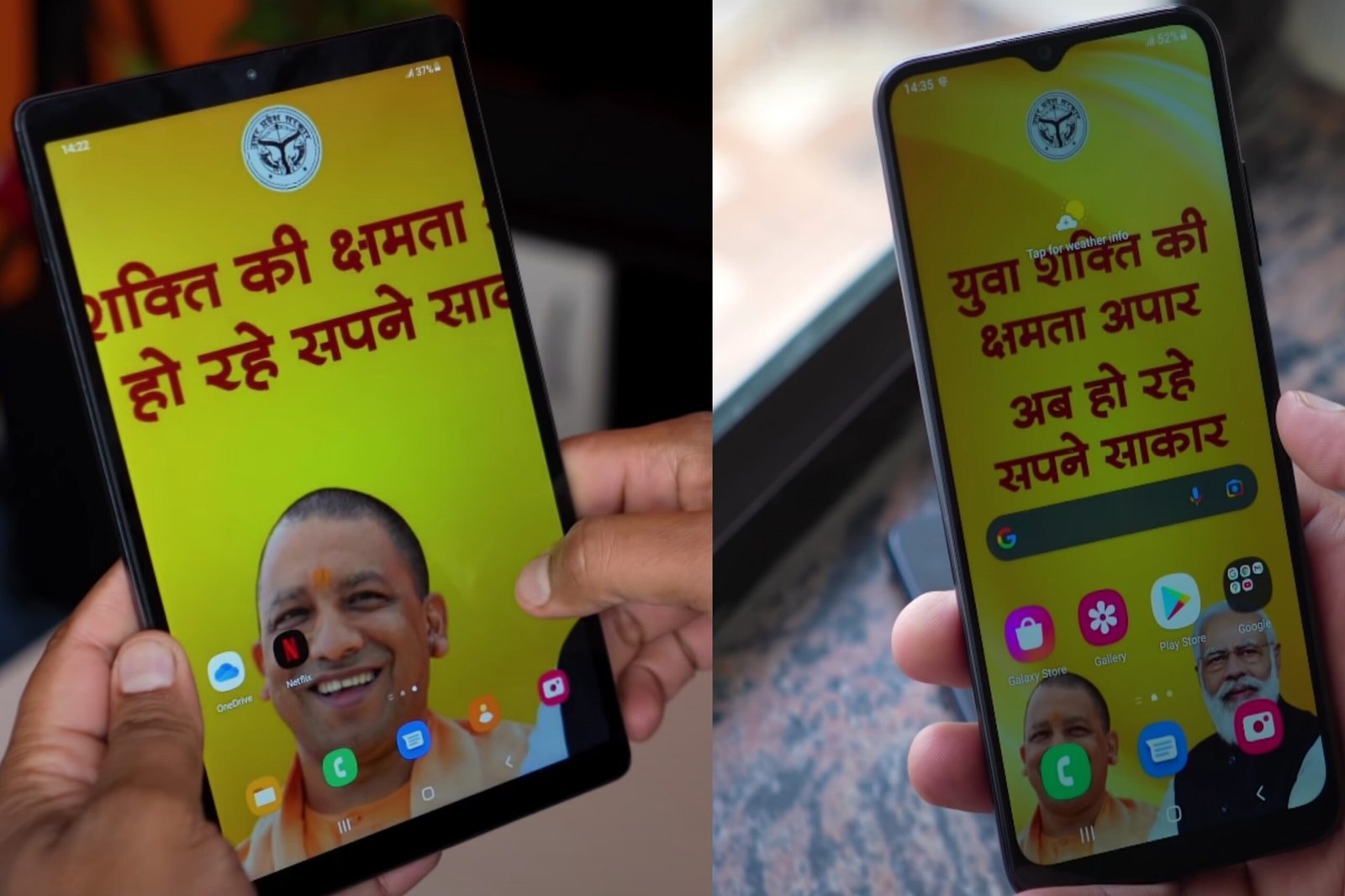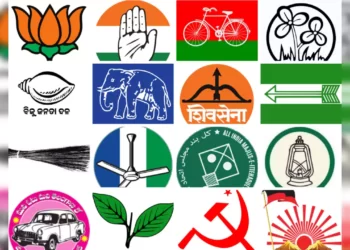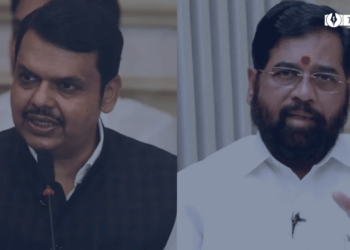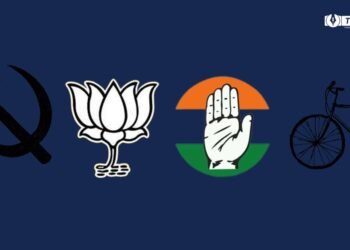[ad_1]
The Samsung smartphone, essentially a Samsung Galaxy A30s and a tablet that is given by the UP government to students, warns the user the moment they begin to set up the device, stating that the device isn’t private, and it is controlled by the UPDESCO, an Uttar Pradesh Government Undertaking.
About the device
According to the specifications, the phone has a MediaTek Helio P35 chipset, 3 GB of RAM, and 32 GB of internal memory. It has a 6.5-inch HD+ display and runs Samsung’s proprietary skin on top of Android 11.
A 13-megapixel primary camera, two 2-megapixel cameras, and a 5-megapixel selfie camera are included in the camera package. A 5,000 mAh battery powers the device.
Meanwhile, a standard A30 can do everything a regular phone can. However, the phone handed over by the Uttar Pradesh government does not even allow wallpaper personalization.
The phone issued by the UP government has access to anything that a user downloads, watches, or shares on the device, and everything is managed by the UPDESCO, which can be found under Device Admin Apps under Security Settings. This also means that the admin can wipe the entire device clean or lock access to a specific device at any time.
Furthermore, depending on what the admin feels is appropriate, it can opt to disable some features, such as the camera, or limit specific hardware/software features.

Data Privacy a myth
The more personal information you post online, the more vulnerable you are.
Protection of life and personal liberty is a fundamental right protected by Article 21 and Part III of the Constitution, albeit the right to privacy is subject to reasonable limitations.
In today’s world, however, both businesses and governments have infringed on people’s privacy. Individuals are not informed about ongoing surveillance, the manner in which their personal data is collected, analysed, and disseminated, nor are we given the option to raise concerns about these operations.
Thanks to the global explosion of social media, Facebook, Twitter, Instagram, and Google now have unprecedented access to information about millennials. It’s a banquet for hackers and stalkers, and they may launch attacks whenever, and anywhere they choose.
All engagements, divorces, and pregnancy announcements are made on social media. Many of us are proclaiming relationship statuses, expressing opinions, confessing mistakes, and announcing sexual identities on social media.
A decade ago, this would have been unheard of. Privacy used to be different when we only had telephone directories and Yellow Pages with addresses.

What is UPDESCO?
UPDESCO is the state of Uttar Pradesh’s principal public sector undertaking (GoUP). It was established in March 1977 and is administered by the Planning Department. It was transferred to the GoUP’s Department of Information Technology and Electronics (IT & E) in 1999.
The fundamental strength of this public sector undertaking is information technology (IT) and IT-enabled services (ITS) (PSU). UPDESCO is a State Nodal Agency that provides IT and ITeS-related services. Its scope includes everything from computer hardware and software to training, consulting, and human resources, as well as the installation and commissioning of solar systems and smart cities.

What are the implications of this?
This would be one of many methods of widespread surveillance. Individuals who aren’t tech-savvy might be delighted to receive a free smartphone and use it like any other phone, naive to the kind of tracking and surveillance that the phone will entail.
On the other hand, a phone like this could be a godsend for a child who cannot afford a phone for his academics, as was the case in some Indian houses during the pandemic, but is it worth it at the cost of monitoring the user’s every move?
Also Read: “Are We Evolved Or Devolved?”
[ad_2]
Source link









